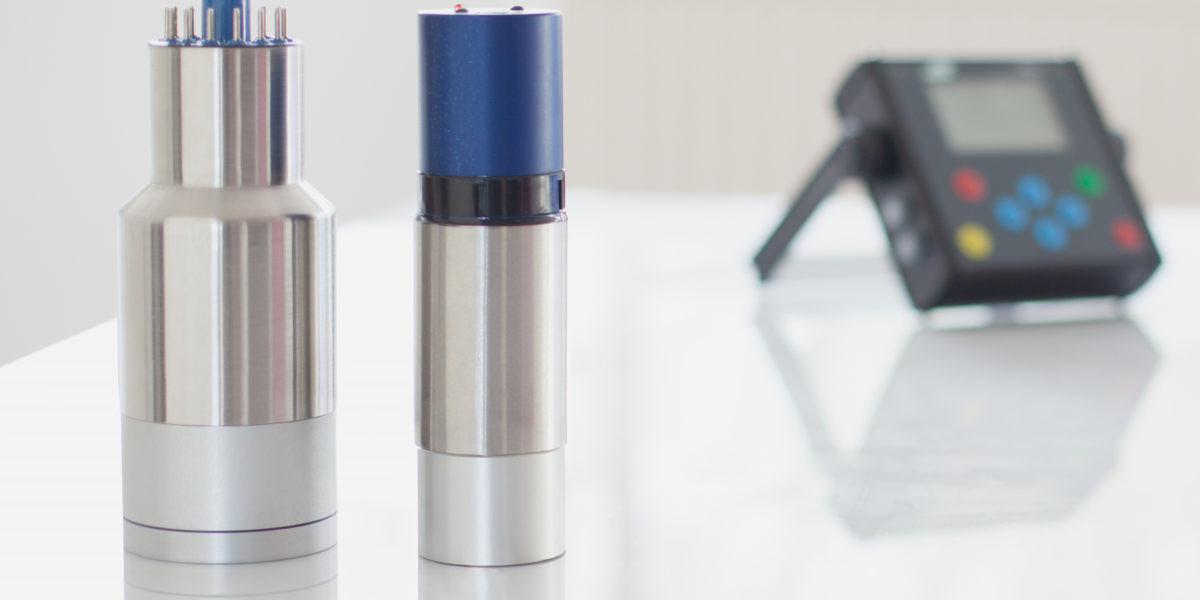
News
May 19, 2021
JCS Newsletter
Scintillation Detectors
Over 45 Years of Collaboration
At JCS we believe that the ideal detector design comes from a close collaboration where understanding your measurement requirements allows us to provide the exact detector you need.
"We work closely with you to understand your measurement challenges and optimise the detector design to answer them."
Optimising a detector to your requirements
It has always been our ethos that bespoke solutions, unique to each project, can deliver the best combination of material and electronics for your design.
Selecting the best scintillation material for your radiation detector depends strongly on the application. Important considerations to determine the optimum choice are:
Measurement
○ Radiation Type
○ Expected Energy Range
○ Anticipated count-rate
○ Acquisition requirements
Constraints
○ Environmental conditions
○ Experimental/use restrictions
○ Size restraints
○ Budgetary targets
Material
○ Resolution
○ Density & atomic number (Z)
○ Decay time
Electronics
○ PMT type
○ Plug-on or integrated divider
○ Connector type
○ High voltage requirements
Measurement
○ Expected Energy Range
○ Anticipated countrate
○ Acquisition requirements
Constraints
○ Experimental/use retrictions
○ Size restraints
○ Budgetary targets
Material
○ Resolution
○ Density & atomic number (Z)
○ Decay time
Electronics
○ Plug-on or integrated divider?
○ Connector type?
○ High voltage generator?
Detector Range
We’ve been supplying radiation detectors since 1975 and in that time have built up an industry-leading portfolio of solutions and product expertise.
Our comprehensive range of scintillation detectors covers a wide range of applications. Recent projects include pulsed-shaped discrimination for neutron/gamma detection in plutonium assay, decommissioning, and high dose spectrometry.
Our detector materials include:
- Standard Scintillation Crystals
- Liquid Scintillators
- Plastic Organic Detectors
- Novel Detector Materials
- Integrated or Demountable Electronics
- Analytical Electronics & Software
Contact us to start the collaboration:
+44 (0) 161 763 3334
Alpha/Beta SiPM
The Scionix thin Alpha/Beta SiPM Scintillation detector continues to impress, with a built-in temperature compensated bias generator & preamplifier.
Features
- Pulse rise time (0-100%): 150 ns (betas) & 1μs (alphas)
- Pulse fall time (1/e): 1.2 μs (betas) & 3 μs (alphas)
- Gain: Approx. 75 mV/MeV(betas) & Approx. 500mV /5.48 MeV (alphas)
- Noise level: < 50 keV (betas) @ 22 degrees C
PSD
The detector used allows the user to perform Alpha/Beta pulse shape discrimination measurements.
SiPM MCA
The Brightspec Topaz-SiPM, a miniature MCA designed specifically for SiPM detectors.
With a size of only 7 x 4.5 x 2.6cm, the Topaz-SiPM is the smallest of the Topaz MCA series and very likely the smallest fully-featured MCA on the market today.
TOPAZ-SiPM is a compact, stand-alone digital Multi-Channel Analyser (MCA), that is able to perform Pulse Height Analysis (PHA) of the signal produced by scintillation detectors which incorporates Si devices as photomultipliers (SiPMs).

